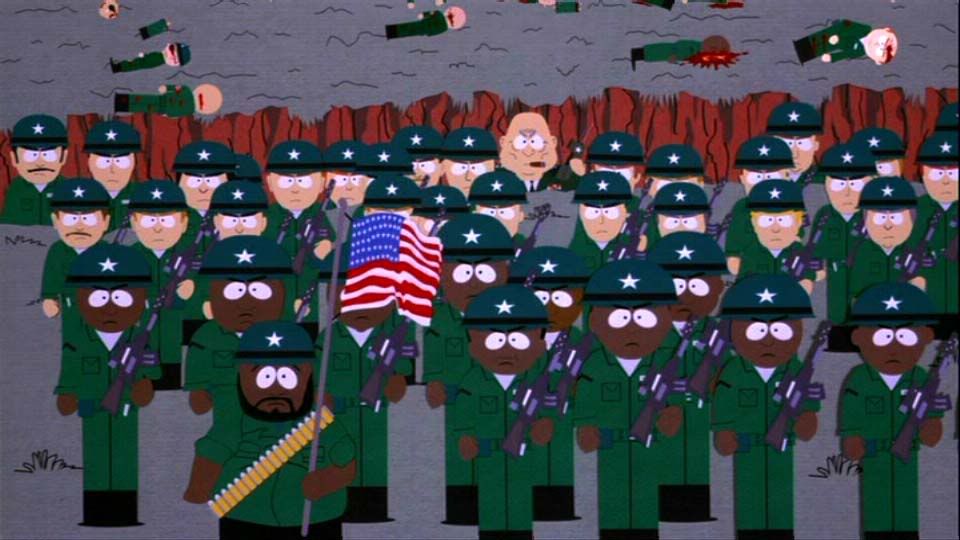
In reading Ahn Junghyo's article A Double Exposure of the War, I got a taste of something rare. I got to taste war with a child's innocence's. I then got to see this child grow up, and become a soldier in a different war. But both wars had the same foreigners hands involved. America.
For Ahn Junghyo the communists of North Korea were greeted as liberators. He didn't really understand why. Then Americans arrived. They too were greeted as liberators. Junghyo like these foreigners. They gave out candy, helped immunize them to diseases, and were like Santa Clause. Yet, these Santa Clauses had the women hiding in fear. To Junghyo, this must have been some sort of game. But we know the truth. The Americans raped many Korean women in their efforts to "liberate" Korea. Something North Korea and Chinese forces tried not to do.
Then Junghyo became involved in Vietnam, and things got interesting. Korean forces largely felt they were doing what America did in the Korean War: liberate. But as Junghyo points out, maybe they imitated Americans too well, because Korean forces did rape in Vietnam. Koreans were drunk on the belief that they were like the invincible heroes of old. This idea also caused the Koreans to feel they never lost in Vietnam. Americans did sure, but not Koreans.
Here is the funny thing about war. What you may have fought someone to the death over in the past, wont necessarily make you their enemy in the future. That is what Junghyo learns upon his return to Vietnam twenty six years after he was in combat there. The communist "enemies" are in control of the country. Yet, he is treated like a friend. Someone who would have been shooting at most of the people he was sitting down drinking or eating with. Is it any wonder that Junghyo is confused?
Ahn Junghyo's final statement I find to be accurate, not only in a historical sense, but also as a current one. Here is a piece of his statement:
"War is futile; the enemy of yesterday does not remain an enemy forever. War is not flags of glory but waste filled with suffering and pain. It is fundamentally a human sickness camouflaged by the intricate workings of international interests and a beguiling rhetoric of abstract concepts" (Ahn 276).








